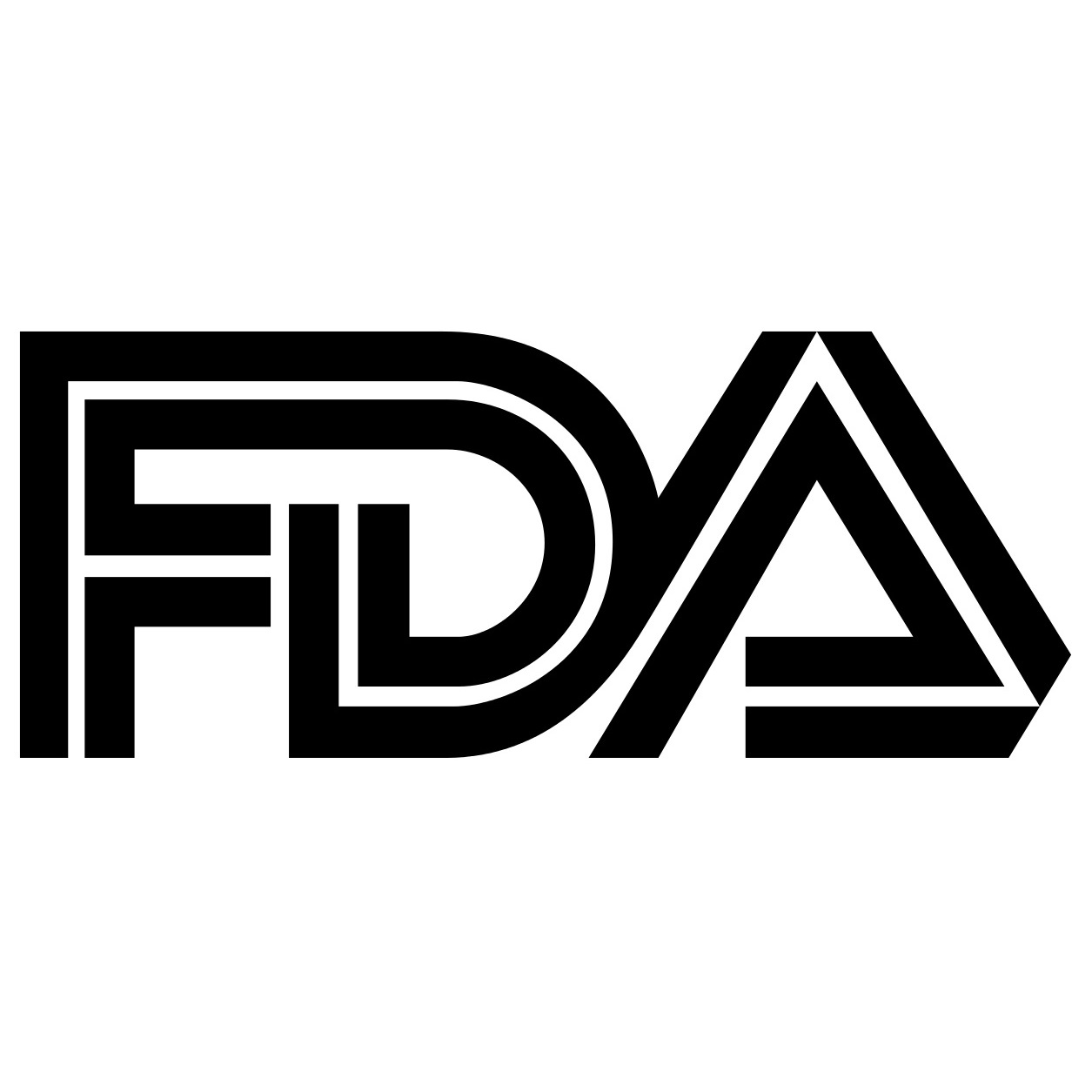Health and Healthcare
What the FDA Approves -- and What It Doesn't

Published:
Last Updated:

When the U.S. Food and Drug Administration (FDA) makes a decision to approve or reject a new product, that decision often dictates whether a small company will flourish or disappear. But the FDA also regulates a lot of other things, and it does not regulate a lot more.
A product advertised as “FDA-approved” may or may not have been approved by the agency, and, as in almost all marketplace decisions, it’s buyer beware of these claims.
The FDA does, of course, review and approve new drugs and some biologics, but most are not labeled as “FDA-approved” because prescription drugs cannot be marketed in the United States without FDA approval. When it approves a new drug, that means the agency has reviewed all the testing done by the manufacturer and determined that the benefits of the drug outweigh known risks for the intended use of the drug. The FDA does no testing of its own.
Here are some other things that do require FDA approval before being sold:
If you see the words “FDA-approved” in relation to or advertising for these products, you might want to check to see if the claim is true. The FDA’s logo is for official use only and may not be used to suggest that the agency endorses a company, a product or a service.
Here are products and services the FDA does not routinely review or approve:
Check the FDA’s consumer updates page for more details and other consumer information from the FDA.
Start by taking a quick retirement quiz from SmartAsset that will match you with up to 3 financial advisors that serve your area and beyond in 5 minutes, or less.
Each advisor has been vetted by SmartAsset and is held to a fiduciary standard to act in your best interests.
Here’s how it works:
1. Answer SmartAsset advisor match quiz
2. Review your pre-screened matches at your leisure. Check out the advisors’ profiles.
3. Speak with advisors at no cost to you. Have an introductory call on the phone or introduction in person and choose whom to work with in the future
Get started right here.
Thank you for reading! Have some feedback for us?
Contact the 24/7 Wall St. editorial team.